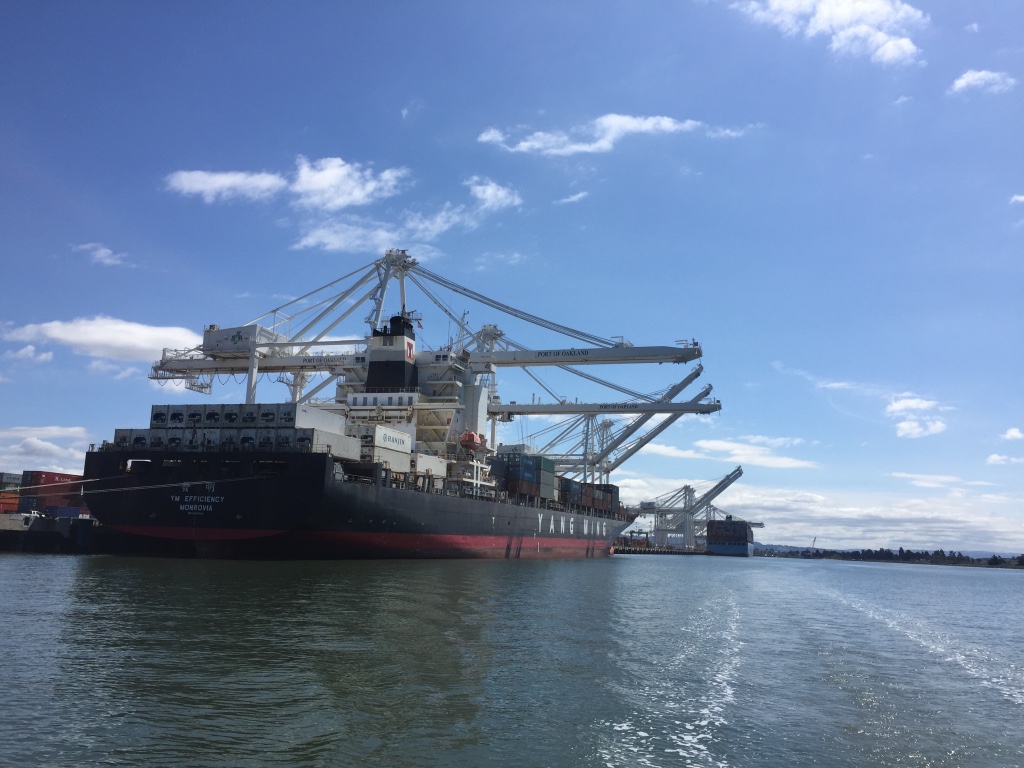Shipping industry to discuss cuts in CO2 emissions
International shipping produces about 1,000 million tons of CO2 annually – that’s more than the entire German economy.
A meeting of the International Maritime Organisation in London that starts tomorrow will discuss how shipping industry can radically reduce its CO2 emissions. The shipping industry, if it does not change the way it operates, will contribute almost a fifth of the global total of CO2 by 2050. A group of nations led by Brazil, Saudi Arabia, India, Panama, and Argentina is resisting CO2 targets for shipping. Their submission to the meeting says capping ships’ overall emissions would restrict world trade. It might also force goods on to less efficient forms of transport. This argument is dismissed by other countries which believe shipping could benefit from a shift towards cleaner technology. European nations are proposing to shrink shipping emissions by 70-100 percent of their 2008 levels by 2050.
The problem has developed over many years. As the shipping industry is international, it evades the carbon-cutting influence of the annual UN talks on climate change, which are conducted on a national basis. Instead, the decisions have been left to the IMO; a body recently criticized for its lack of accountability and transparency. The IMO did agree on a design standard in 2011 ensuring that new ships should be 30 percent more efficient by 2025. But there is no rule to reduce emissions from the existing fleet.
The Clean Shipping Coalition, a green group focusing on ships, said shipping should conform to the agreement made in Paris to stabilize the global temperature increase as close as possible to 1.5C. The pressure is on the IMO to produce an ambitious policy. The EU has threatened that if the IMO doesn’t move far enough, the EU will take over regulating European shipping. That would see the IMO stripped of some of its authority.
Some say huge improvements in CO2 emissions from existing ships can be easily be made by obliging them to travel more slowly. They say a carbon pricing system is needed.



